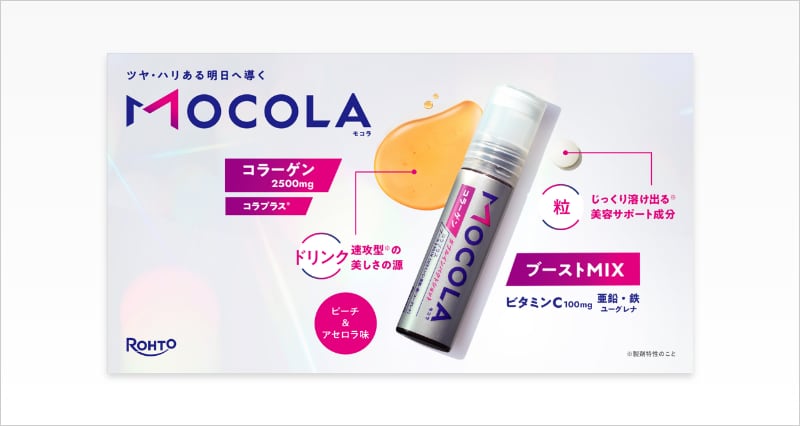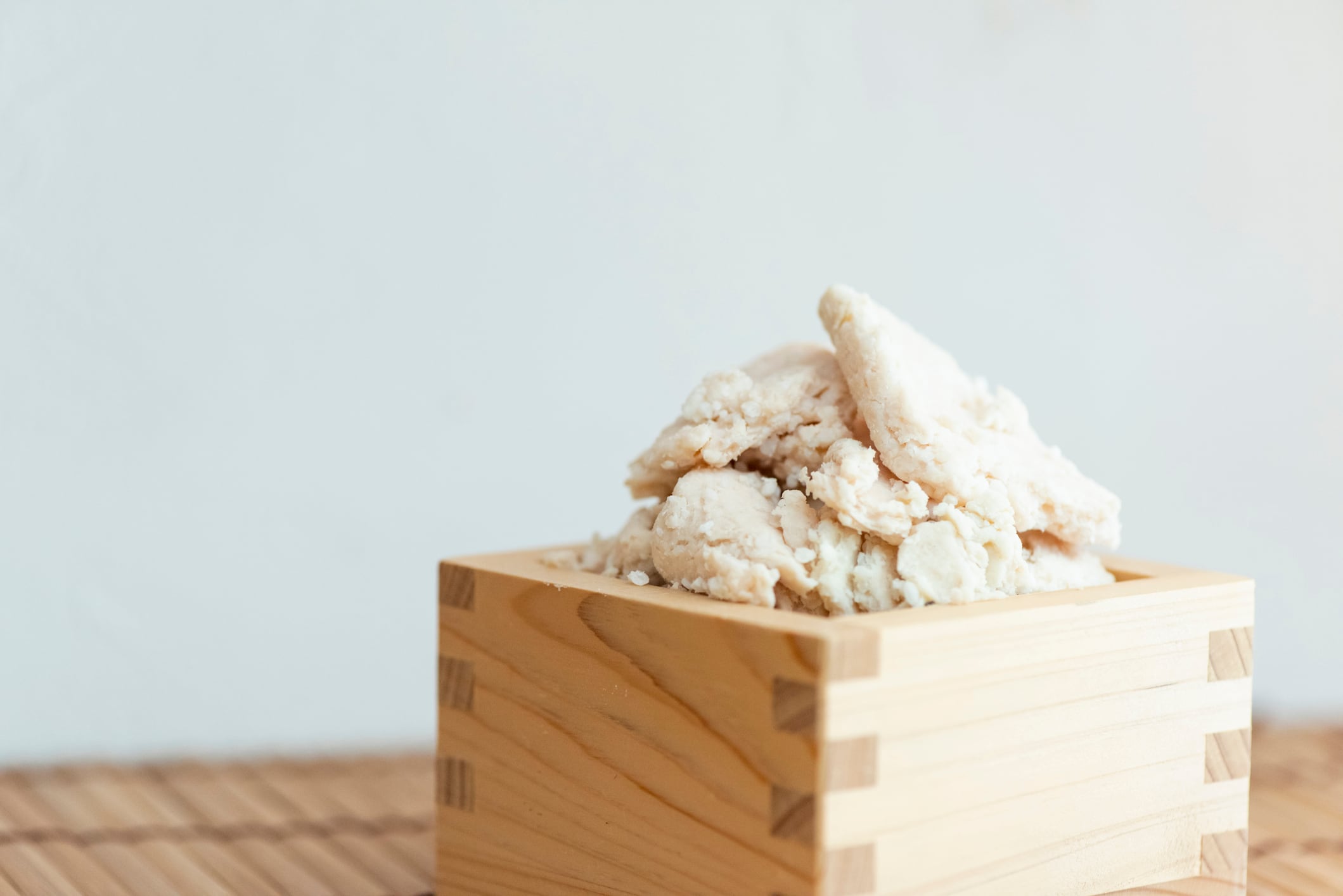Fucoidan are bioactive polysaccharides derived from select species of brown seaweed.
In Japan where it has a established history of use, fucoidan is mostly taken by cancer patients to help alleviate side effects of cancer treatments and for health maintenance.
Australian firm Marinova Pty Ltd, which has been researching on fucoidan for years, is zeroing down on three key areas where fucoidan could be potentially beneficial.
These three areas are anti-inflammation, gut, and immune support.
Research scientist at Marinova, Dr Barbara Wimmer outlined the firm’s research highlights.
The company studies fucoidan derived from the seaweed Undaria pinnatifida. The seaweed are sourced from Tasmania, Australia and further in the Patagonia region.
Marinova also commercialises fucoidan extracts for human, animal health, and cosmetic applications.
“To provide some historical content, fucoidan-containing seaweeds have been used for centuries. Their beneficial health properties have been particularly well documented in Asian cultures, where seaweeds have traditionally been used to address a variety of conditions.
“There are now more than 4,000 published scientific papers attesting to the wide-ranging bioactivities of fucoidans with the numbers of publications increasing exponentially.
“Many of these studies have explored immune support, anti-inflammatory and gut health properties of fucoidans. These three areas remain central to Marinova’s current research program,” said Dr Wimmer.
Most recently, the company’s in-vitro gut model study findings were published in the journal Marine Drugs earlier this month.
One of the key findings was that the supplementation of Undaria pinnatifida fucoidan (UPF) has led to a significant increase in the short-chain fatty acid butyrate.
The researchers explained that this could be related to the stimulation of the bacteria Agathobacter and Anaeroglobusin the proximal colon, and Eubacterium ventriosum and Eisenbergiella in the distal colon.
Agathobacter and Anaeroglobus are commensal bacteria that could produce lactate, acetate, and butyrate.
However, the researchers also pointed out that there was no significant difference in the amount of acetate produced as seen from this in-vitro study.
Still, they highlighted that the increase in butyrate production is worthy of mention due to its role in gut health.
For example, butyrate is the primary energy source for colonocytes; helps maintain gut barrier, stimulate gut motility, and modulate both innate and adaptive immune responses.
“The study found that fucoidan supplementation enriched colonic microbial diversity. Species richness and species evenness were positively enhanced in both the proximal and distal colon.
“Levels of the short-chain fatty acid butyrate, known to assist in the maintenance of the gut barrier and stimulate gut motility, were also significantly increased,” added Dr Wimmer.
During the in-vitro study, faecal samples from healthy human donors were treated daily for three weeks with Undaria pinnatifida fucoidan produced by Marinova.
Aside from short-chain fatty acids, the study also assessed changes in colonic microbiome activity, composition, and the amount of anti-inflammatory cytokines produced.
She said that the company would be planning further clinical studies on fucoidan’s effects on gut health.
Prostate health, menopause and more
Aside from the aforementioned research focus, Marinova is also exploring fucoidan’s potential benefits in improving prostate health and menopausal symptoms.
The company has so far conducted a clinical trial on prostate health, with results pending analysis and publication.
The primary objective is to find out if fucoidan supplementation could lead to a reduction in International Prostate Symptom Score (I-PSS), inflammatory markers, and improvements in quality of life.
The clinical trial is a follow-up research from positive animal model findings published last October.
Published in Research and Reports in Urology, findings showed that fucoidan had significantly inhibited the progression of testosterone-induced prostate enlargement - or benign prostatic hyperplasia (BPH) - in rats.
The condition increases the frequency of urination and other areas of life, such as sleep disruption.
“Benign prostatic hyperplasia, or prostate enlargement, is a significant health issue for men across the globe.
“The condition becomes increasingly prevalent with age, and while it is typically non-life threatening, it can cause bothersome symptoms including difficulty passing urine and an increase in the frequency of urination. BPH may also lead to bladder, urinary tract or kidney problems
“The results of our recent study showed that Undaria pinnatifida fucoidan significantly reduced prostate weight, prostate index and prostate specific antigen levels in an animal model, compared to a control group,” said Dr Wimmer.
Marinova is currently undertaking a clinical study on fucoidan’s role in supporting prostate health and hopes to share results of the study early next year.
“This is a very exciting field as the search for natural, non-toxic and bioactive compounds to support men’s health continues to intensify,” she added.
Bringing fucoidan to the Western markets
Although fucoidan has a history of use in Asian countries like Japan, Marinova has been growing its market awareness and presence over the years - with the company exporting fucoidan extract to 35 markets.
In the US for instance, the seaweed is used for men’s health support, gut health, and anti-inflammation.
In Europe, the company has obtained the novel food approval and hoping to drive market growth with this approval.





